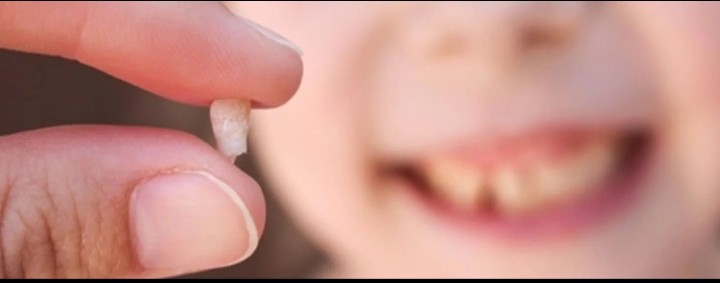A very strange technique to quit smoking

A very strange technique to quit smoking
A very strange technique to quit smoking
On the websites in France, there are attractive advertisements promising to help you stop smoking in one session using the laser, with a “success rate of 85%.” However, this technique is not scientifically proven, according to doctors and authorities.
The website of the “Laser Smoking Control Centers” indicates that the technique used by them leads to guaranteed results over a year and does not lead to an increase in weight.
The developers of this technology confirm that the “light laser” stimulates certain areas in the outer ear, which leads to a reduction in the desire for nicotine in smokers. This technique is based on “auricular therapy” derived from acupuncture technique.
"Smokers face great difficulty when they try to quit smoking several times, but they easily return to this habit," Daniel Tomat, the former head of the cardiology department at the famous Parisian "Pitier Salpetriere" hospital, told AFP.
Although the cost of this technique ranges between 150 and 250 euros (between 161 and 269) dollars on average per session, the tempting promises to quit smoking accompanied by several medical terms such as “clinics”, “therapists” and “treatment” attract smokers.
"My job is to eliminate the body's need to smoke," Hakima Kone, director of a center in Paris, told AFP, stressing the need for the smoker to show great enthusiasm for the success of the task. At the same time, she points out that there is no other technique that leads to positive results in this way, stressing that this method is scientifically proven.
“Top technology”
And one of the departments in the French Ministry of Health indicates that “there is no study or scientific data that proves the effectiveness of this technique.” In turn, the "TAPA Info Service" website (the information section about smoking) confirms that "laser is not one of the approved and proven effective methods for smoking cessation."
The Canadian Cancer Society has warned since 2007 of this technology, which is reinforced by supportive advertising campaigns that include promises to quit smoking, alcohol and drugs.
Fifteen years later, science is still skeptical about this technology, while lasers are "in vogue" in France due to "there are widespread advertisements in newspapers, magazines, television channels and on the Internet," according to what three lung and smoking specialists note in an article published by the magazine. The French medical doctor, "Le Courier Desadeccion," pointed out that there were no serious studies that had reached certain results.
"The placebo effect"
While most smokers can quit without help, nicotine substitutes (such as patches, chewing gum, etc.), as well as some medications and psychotherapy, are "proven ways" for those who need help, Thomas says.
The specialist explains that the smoker may get rid of his desire to smoke after the laser session, precisely because the “placebo drug” had a significant impact on the person.
Although the usefulness of unapproved methods has not been proven, the use of them has not stopped due to the “potential placebo effect” caused by them.
As for the idea that specialists agree on, it is that the person's will remains the primary key to the solution. Nicole Sauvagon-Papione, a retired anesthesiologist who used to practice ear therapy, told AFP: "I gave sessions to patients who were lacking motivation, which led to a failure in results, as they started smoking again as soon as they left the sessions."
Other variables that accompany the adoption of laser technology help to succeed in quitting smoking, so whoever wants to stop smoking will adopt a better lifestyle (exercise, adopting a proper diet...) that will help the person to reach his goal. Therefore, it is difficult to determine the factor or factors responsible for making him stop smoking.
“If these methods do not cause any harm to the health of the smoker and sometimes help eager smokers to quit the habit, the main criticism directed at these centers is that they refer to the technology as a magic solution with a success rate of 85%, which is not a credible idea,” Thomas says.






